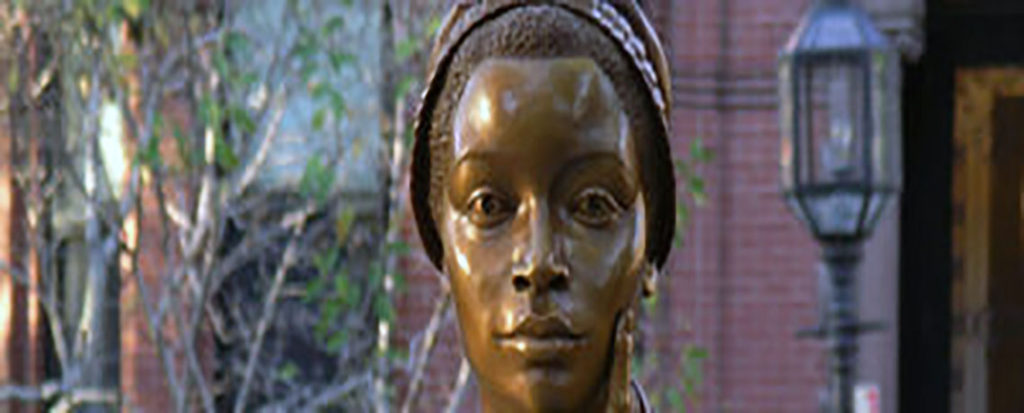Women Like You . . . . “We” overheard this phrase recently, and understood that the speaker was making an accusation. The accusation was tossed in the direction of a young woman who was speaking her mind, and to her credit, knew what she was talking about. In other words, she was not merely offering a contrary opinion. She was citing, in the vernacular, chapter and verse! And there it came . . . it’s women like you who . . . .
How was this sentence completed? What social /cultural / economic / political history did the speaker summon? More importantly, how will women like us resist and rewrite the laws that compel this sentencing? The Githii Honors Program welcomes the class of 2020 to a dialogue about women negotiating at the intersections of public and private spaces.
The Honors Program hosts this venue to affirm the importance of women creating spaces for insightful discourse. These critical spaces welcome and encourage the work of posing questions about what is, what never was, and what ought to be. Such spaces call for strategic work. What does it mean to be strategic while being, at the same time, passionate and, sometimes, vulnerable? What do women “look like” when they are working to create architectures of possibility? And who are the women, and men, that we can name who can offer models?
So, HP has taken Women Like You . . . as our theme for the year. The phrase itself should remind us of the way that words can mean more than one thing simultaneously. The word “like” can operate as a verb or an adjective to create two different readings or a layered reading.
Each of the texts that we have selected for the class of 2020 presents girls and women at a crossroad or, if you prefer, at an intersection of social dictate and possibility. And each demands multiple and layered readings.
C2020 Texts: The HP faculty decision to include a children’s book in our line-up may be surprising to some. Yet, a closer look will reveal that Patricia McKissack’s tale, Flossie and The Fox, imbeds a long tradition of Black storytelling–what cultural anthropologists have labeled “folklore.” But this tale operates in ways that are both overt and covert, textual and sub-textual.
Our reading list also includes three nonfiction works: Alice Walker’s In Search Of Our Mothers’ Gardens; Unbought and Unbossed, the documentary film directed by Shola Lynch; and, The Firebrand and the First Lady, a biography of a friendship, by Patricia Bell-Scott. We hope that these women’s stories (and the work of the authors) will challenge and inspire us to remember that women must always be in the thick and the thicket of culture formation, addressing the creative challenge of inventing new architectures in both our literal and imaginative spaces. It has been these and other women and men, re-shaping our literal and imaginative spaces, who have made equal justice seem tangible. Women like you . . . ?
Explore the In The Castle of My Mind Blog

